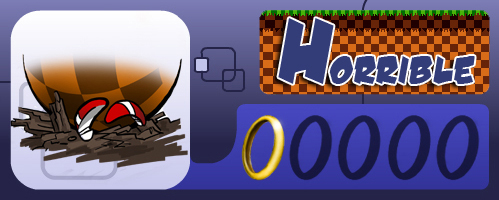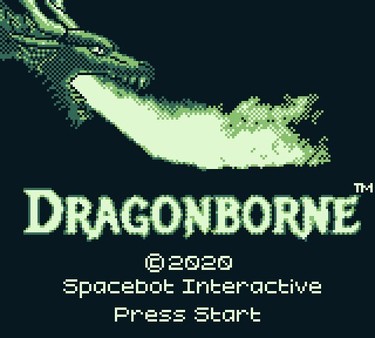
Review: Dragonborne
Back in 2016, South Park kicked off their 20th season with the Member Berries episode. They’re this sentient food whose primary function was to remind people of classic pop culture references and hit you with a wall of nostalgic dopamine.
Much like those member berries, there’s been a resurgence of Game Boy inspired indie games vying to appeal to your desires of a simpler time. My first encounter with this movement came with Knights of Tartarus, a bright and colorful role-playing adventure akin to Dragon Quest III on the Game Boy Color.
Since then, I’ve been on the prowl for games that can hit me with that wave of nostalgia the way Tartarus did. Enter Dragonborne by Spacebot Interactive: a top-down, light-RPG, where you follow the footsteps of Kris in his efforts to track down his dragon-slaying father across the land of Argon. It promised a satisfying experience with expansive mini-quests, puzzles, and adventure as you and Kris overcome the challenges to free the land from impending doom.
In Your Father’s Footsteps
Dragonborne‘s first steps begin similarly to that of many mid-’90s adventure games – from the bed of a simple cottage out in the countryside. Your mother comes to wake you from slumber with the important task of locating your errant father. Of course, no young man of an ambiguously young age is safe to wander the treacherous wildlands unarmed. As such, you’re given a trusty spear to embark on your journey.
Everything here is your typical copy-paste job for baby’s “first adventure game.” Overworlds are largely barren with one or two semi-distinguishing features. Almost every NPC or building outside of town holds some sort of significance. In fact, it feels like half the supporting cast is tied to a fetch quest or exist merely to have Kris steal their potions. If they’re not spitting cryptic knowledge about Argon, they’re complaining about how hungry they are or how they left their cat in a dense forest 30 miles from home (hint, hint).
I’m sure this method of storytelling was implemented either to mimic the generic setting of Game Boy RPGs or due to the limitations of the engine. GB Studio, an application used to create Game Boy-styled games, is marketed as a quick and easy to use tool to develop ROM files playable on Game Boy. But as with the flood of RPG Maker-based indie games, there has to be something that makes your game stand out.
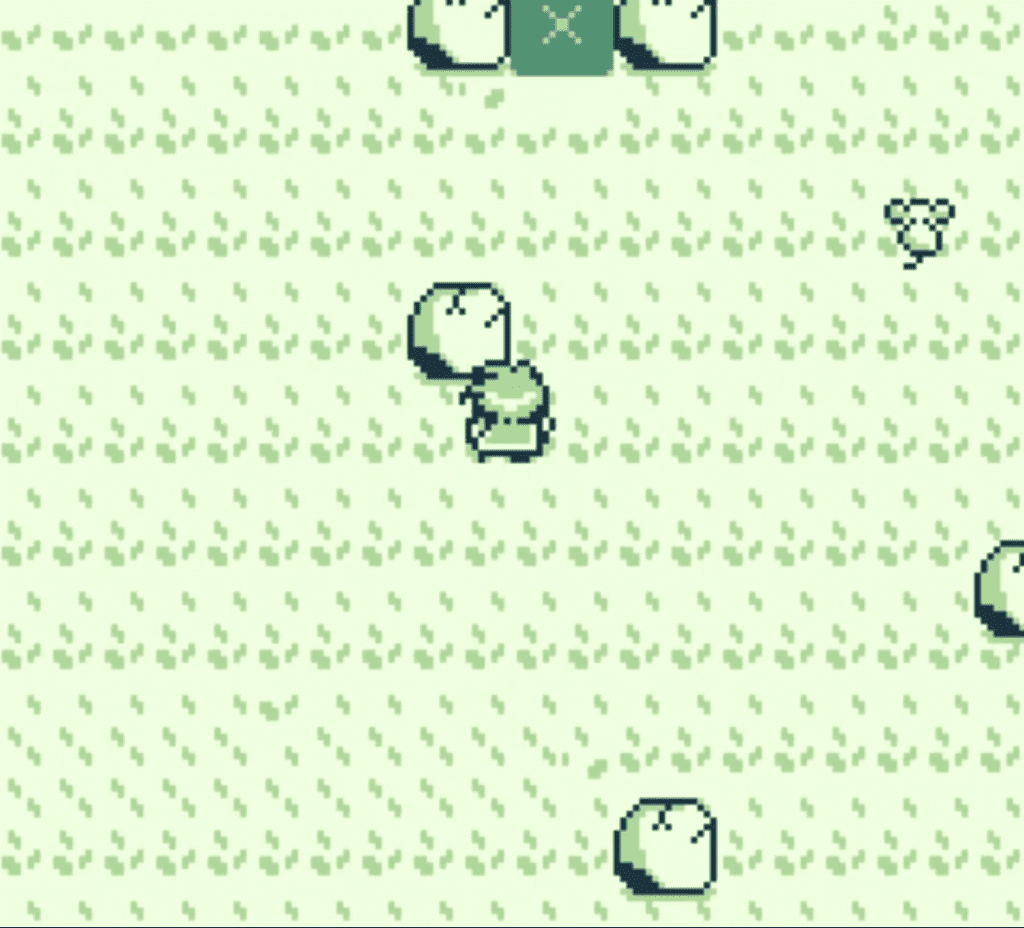
While its intended to be endearing, Dragonborne’s opening scene (and honestly nearly everything to come after) feels like a very simple or lazy rehash of older Game Boy RPGs. There’s a fine line between paying homage and copying someone’s work, and Dragonborne feels like I’ve played better versions of the same game. An example of a game that’s able to maintain a simple tone seen in Dragonborne, yet be interesting enough to enjoy is 3D Dot Game Heroes. It’s a parody of Zelda-esque adventure games but offers a unique graphical aesthetic that grabs the player’s attention. Dragonborne simply doesn’t have the capacity to do that.
What makes Dragonborne an RPG?
Before I get into how the combat system works in Dragonborne, let’s establish how RPGs are typically presented.
Role ? Playing ? Games ? are, at their core, a numbers game. Characters have levels, different stat attributes, grow stronger by accumulating experience points, collect various equipment to enhance damage output – you get the picture. From tabletop Dungeons & Dragons to The Witcher, the cornerstone of the RPG is based around these game mechanics.
Dragonborne has one of these attributes, and it’s not even fully implemented. That spear that I referenced earlier is your starting line for progress. Any weapons you happen upon thereafter are supposed to be checkpoints to reflect your growth. In addition to a steady supply of weapons you stumble across, Kris also has the aptitude to learn a number of spells, like damaging auras, healing spells and fire magic.
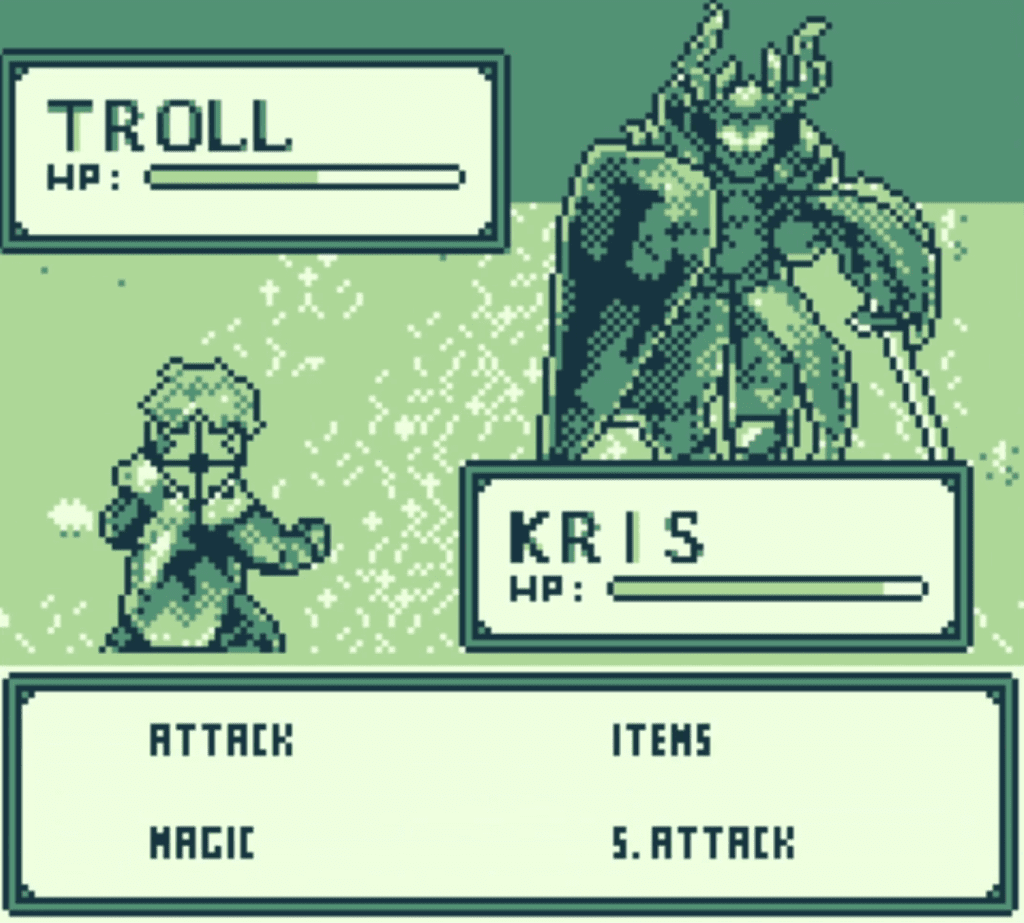
The problem with Dragonborne’s combat system is that whether you use a fire spell or take a swing with your broadsword, it doesn’t feel any different. For example, in Skull Rock, the first dungeon of the game, you have access to both the weapon skill “Broadsword” and the spell “Hero’s Aura.”
In all of my encounters, both my skills and spells felt like there were yielding equal damage rates. There’s nothing to show that you can exploit a weakness or a method to killing creatures more effectively. What did make a difference was simply using my standard attack swing. Normal attacks have a chance to land a critical hit, knocking upwards to 50 percent off an enemy’s health bar.
In that regard, why should I even bother with these superlative combat mechanics when I can simply mash “A” to progress through the story?
What exactly is Dragonborne?
As stated before, combat resolves within a series of randomized rolls. Should you fall in battle, it would be expected that the screen fades to black and you’re whisked away to the last save point you interacted with. Not so with Dragonborne, as Kris is dotingly tucked into his bed to sleep off the ass-whooping received by a group of Trolls. When he wakes he’s able to leisurely make his way back to the previous dungeon to pick up exactly where he started. Dragonborne offers no real sense of challenge.
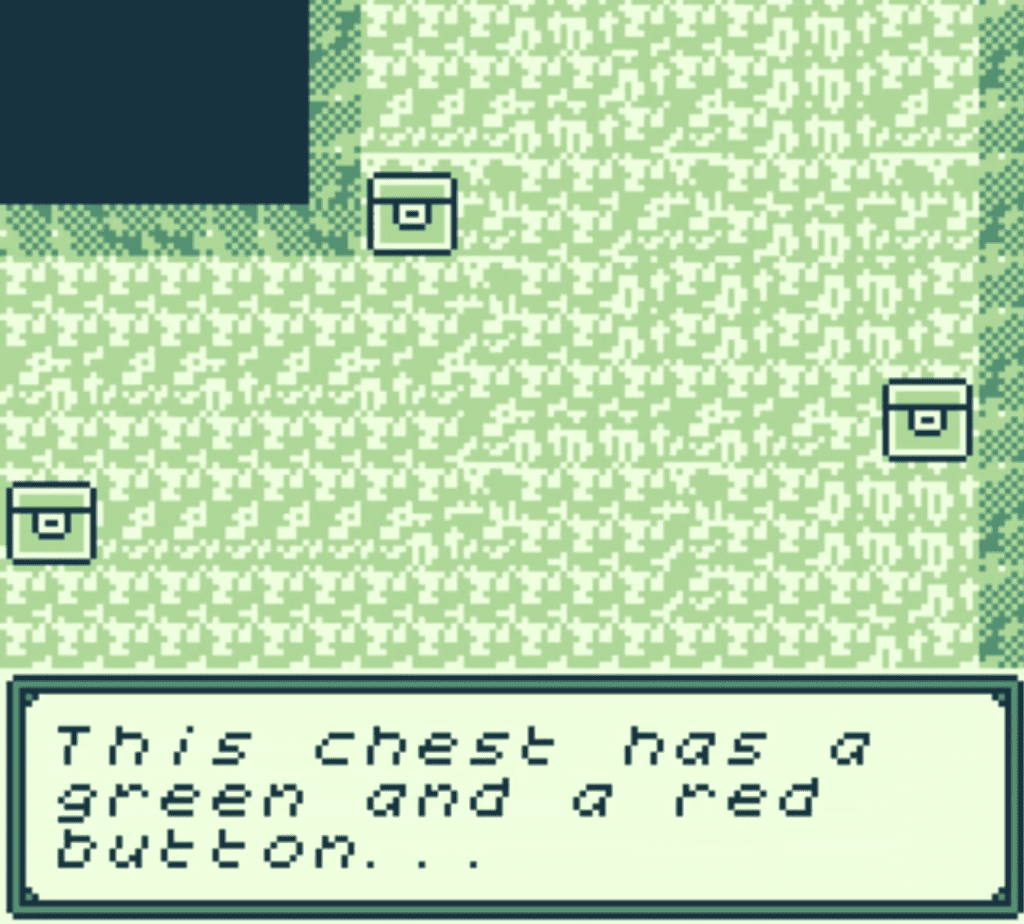
Of all the weird development choices made for this game, the lack of penalty for dying is really the one that confuses me the most. Had the game been fashioned like a Zelda-clone, it would have made a bit more sense as combat is quick and you’d have to rely on your reactions to subdue enemies. Spells could have been utility based and give the player more depth outside of the countless Boulder Pushing puzzles that plague Argon. But as an RPG, it’s a waste of the player’s time to play as the game rips off the Pokémon combat system. There is no strategy, and no real reward, and that tells me the developer didn’t know what they wanted to make so they made Dragonborne into everything.
Better as a novel
Spacebot Interactive has since tried to fire back at other reviewers who have critiqued Dragonborne for not being a true RPG. By their metric, simply acquiring new weapons and learning spells is a form of “leveling up.” They claim the game’s challenge is found by limiting the amount of money the player can earn to purchase valuable healing potions. Perhaps they overlooked the games like Rock-Paper-Scissors or rolling dice that allow you to gamble and earn lots of money very quickly.
I throw my lot in with the dissenters. I have a pretty good grasp on what I played, and it certainly was not an RPG. Dragonborne is a glorified fetch-quest based walking simulator with painfully long combat sequences. And above all that, at $15.99, Dragonborne is a meaningless time sink that’s unsure what what exactly it wants to be.
